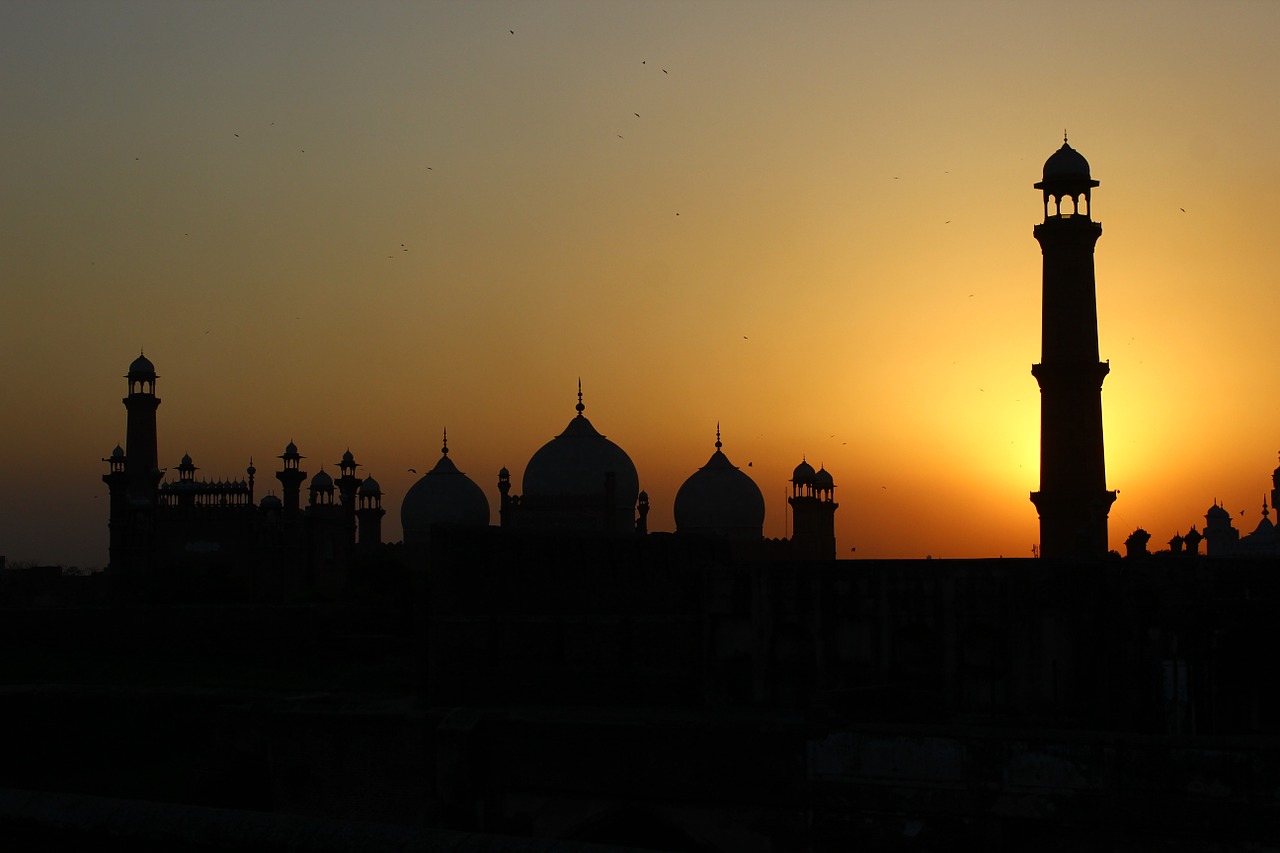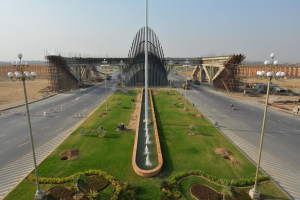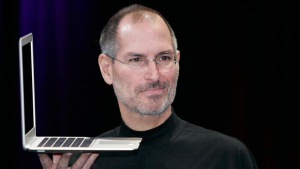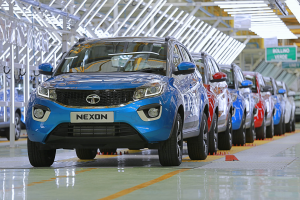
Who do you think about when you think of billionaires? Bill Gates, Jeff Bezos, Mark Zuckerberg, Elon Musk and so on. Now, who do you think about when you think of Pakistani billionaires? Nawaz Sharif, Mian Mansha, Asif Ali Zardari, Malik Riaz and so on.
You’re not wrong to think about them after all these are the Pakistani business tycoons we hear about all the time.
So what’s the difference between these guys? You might say that Bill Gates is richer than the 25 richest Pakistanis put together, and you’ll be right but the fundamental difference arises from what they do. The key difference is what they sell to the public.
While the Western businesses focus more on scalable technology-based products, Pakistanis are still stuck in the 19th century. The popular businesses in Pakistan are real estate, agriculture and sugar mills. 7 out of 25 of the richest Pakistanis own a sugar mill and 10 out of 25 Pakistanis deal in real estate related business. What was shocking to us was that out of 25 of the richest Pakistanis, not a single person dealt in tech-related business.
By tech related we are generalizing and bringing many professions under the umbrella. We were unable to find anyone dealing in renewable energy, biotechnology, precision engineering, fabrication and make the list of 25 richest Pakistanis.
It is as if we have ignored research and development altogether. But it would be okay if it stopped there. It’s painful to not see a single software house make the list. I am not talking about reusable rockets, we have not adopted anything that is remotely close to advanced technology. Such ignorance can place us in peril.
I am not saying that sugar mills are dishonorable, however, I am saying that our business reflects our thinking. Tech-based business has the advantage of going global and exploring new markets. In addition, they are about leaving a legacy. There is a reason why we still quote Steve Jobs and Henry Ford and never mention a real estate mogul.
America’s global influence is powered by the tech titans it nurtures. These companies and people enable America to lead the world. More importantly, they allow the American culture to flourish. People look up to these people for inspiration. Because they push the human race forward. It’s this reason why we find them as innovative and others as just hacks for making money.
 You are right to think that starting a tech startup in Pakistan is complex, but these are billionaires, they don’t face the challenges that many startups have to face. What is more perplexing is that many have been in the government, and the only idea they had for expanding their business was making another sugar mill. Think about it for a second, while Musk is sending people to Mars, billionaires in government were busy making a new sugar mill. While TATA was busy making a car, we were making a new housing society. And that brings us to our neighbor, India.
You are right to think that starting a tech startup in Pakistan is complex, but these are billionaires, they don’t face the challenges that many startups have to face. What is more perplexing is that many have been in the government, and the only idea they had for expanding their business was making another sugar mill. Think about it for a second, while Musk is sending people to Mars, billionaires in government were busy making a new sugar mill. While TATA was busy making a car, we were making a new housing society. And that brings us to our neighbor, India.
India is a country with very similar dynamics as Pakistan. But they have understood the importance of R&D and it shows. The second richest person in India is a leading provider of software solutions. HCL Technologies another billion-dollar company, it provides IT solutions. It has over 124,000 people working for it and it still isn’t the biggest software company in India! Many billionaires are dealing in research related fields like biotechnology and engineering solutions.
I repeat, sugar mill and real estate business is not dishonorable. However, given the huge amount of skilled labor Pakistan possess, the raw finances and the sheer influence that our rich have, it is disappointing to see them turn to the business of medieval ages. The most important thing is that we have problems that can be solved with R&D. We can solve our energy crisis by working on renewable energy if only someone took the time and effort to consider it. Pakistan is a developing country and R&D unlocks huge business corridors.
Startup culture has emerged in Pakistan. So there is still hope. But now the question is will Pakistani startups have a chance to go global or is too late and every successful startup will succumb to capitalism and be acquired by a bigger firm like Daraz was acquired by Alibaba.
The post Out of 25 of the richest Pakistanis, not a single person deals in tech appeared first on TechJuice.




